
Reptile enthusiasts, your love for exotic pets is a unique and rewarding journey. To ensure the well-being of your scaly companions, prioritize creating a habitat that mimics their natural environment, maintain proper temperature and humidity levels, and offer a balanced diet tailored to their species. Remember, a happy and healthy reptile is a testament to your dedication as a caretaker in the fascinating world of exotic pets.
Exotic pet reptiles have become increasingly popular in recent years, captivating the hearts of animal enthusiasts. This article is your comprehensive guide to responsible reptile ownership. From selecting the right reptile to creating the perfect habitat and ensuring their well-being, we’ll cover it all.
1. Choose Your Reptile Wisely
The process of selecting the right reptile companion is an essential first step in responsible reptile ownership. Engage in thorough research to understand the unique characteristics and needs of various reptile species. Consider factors such as their size, temperament, and habitat requirements.
Novice reptile enthusiasts might find it beneficial to start with beginner-friendly species like leopard geckos or ball pythons, which are known for their relatively straightforward care. Also, assess your living space to ensure it can comfortably accommodate your reptile’s enclosure. Remember that different reptiles come with different levels of care complexity, so making an informed choice is key to providing the best possible environment for your pet.
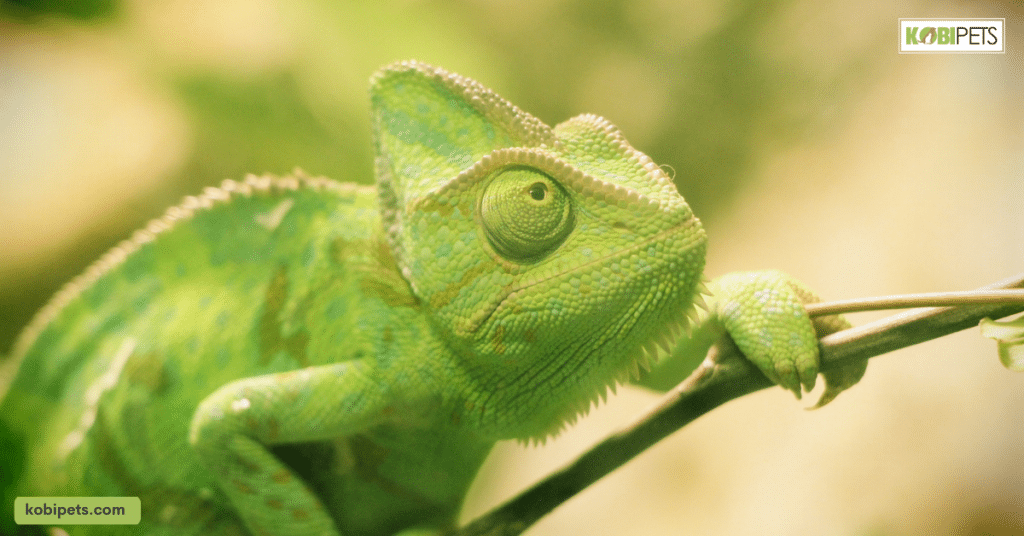
2. Create a Natural Habitat
The creation of an enclosure that mimics your reptile’s natural habitat is crucial for their well-being. Extensive research into your reptile’s native environment will help you replicate key elements effectively. Start with selecting an appropriate substrate—coconut coir for tropical species, or sand for desert dwellers, for instance.
To maintain the correct temperature and lighting, invest in heat lamps and UVB lighting fixtures that closely emulate the conditions your reptile would experience in the wild. Such a naturalistic habitat not only meets their physical needs but also provides mental stimulation, enhancing their overall quality of life.
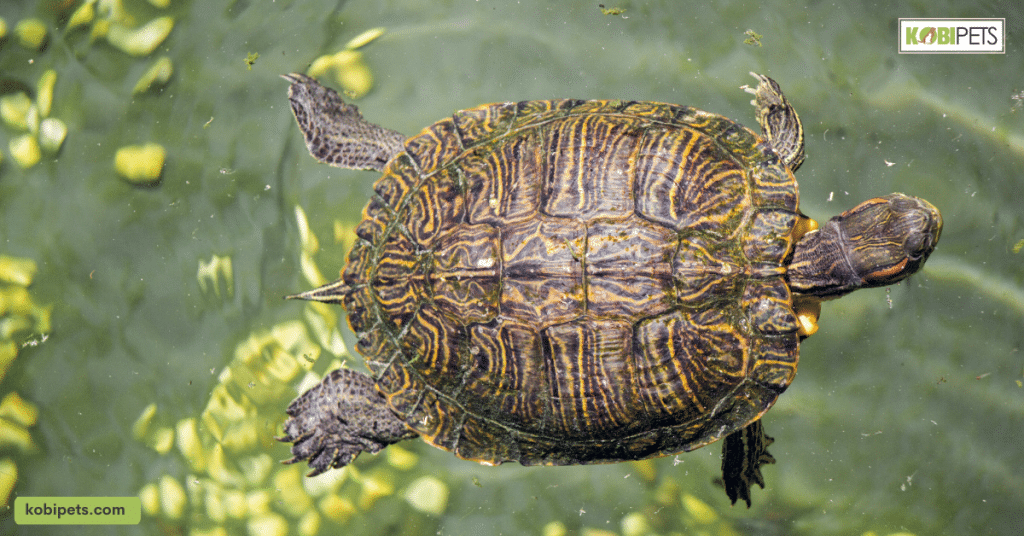
3. Maintain Temperature and Humidity
Reptiles, being ectothermic, rely on external heat sources to regulate their body temperature. It’s essential to ensure that their enclosure maintains a stable temperature range specific to their species. Utilize accurate thermostats and reliable heating elements to achieve this. Additionally, reptiles have varying humidity requirements depending on their natural habitat. Investing in hygrometers to monitor and adjust humidity levels will ensure your pet’s comfort and health.
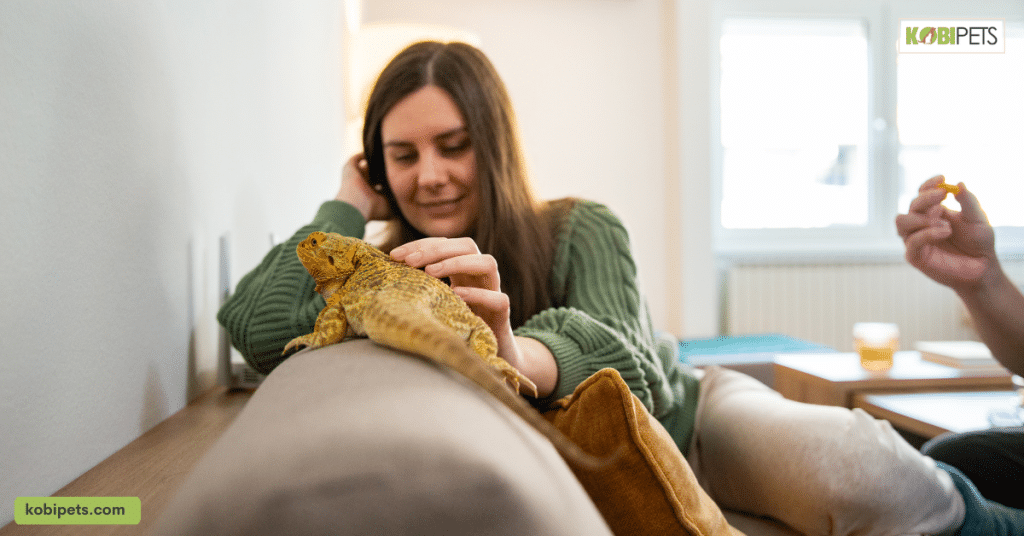
4. Provide a Balanced Diet
Proper nutrition is vital to your reptile’s overall health. Different reptile species have varying dietary needs—some are herbivores, others are carnivores, and some fall in between as omnivores. Conduct thorough research to determine your pet’s dietary preferences and nutritional requirements.
Offer a diverse array of food items to meet their nutritional needs, and ensure that their diet is well-balanced. To prevent nutritional deficiencies, consider dusting their food with calcium and vitamin supplements as recommended by your veterinarian.
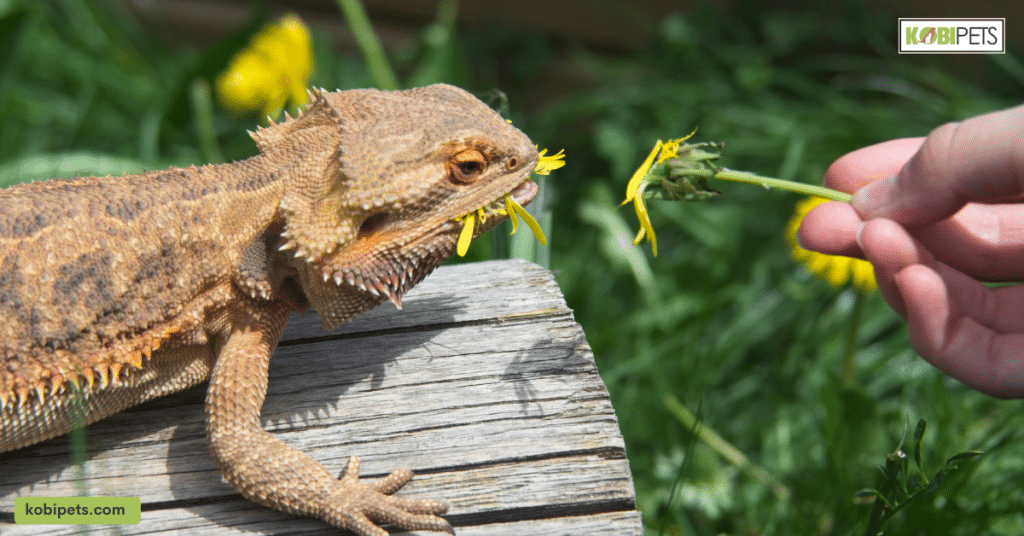
5. Handle with Care
Reptiles generally prefer limited handling, as frequent interactions can cause them stress. When handling your pet, it’s essential to do so gently and sparingly. Move slowly to avoid startling them and minimize sudden movements.
Supporting their body appropriately during handling reduces stress and lowers the risk of injury. Always remember to wash your hands thoroughly before and after handling your reptile to safeguard both you and your pet from potential pathogens.
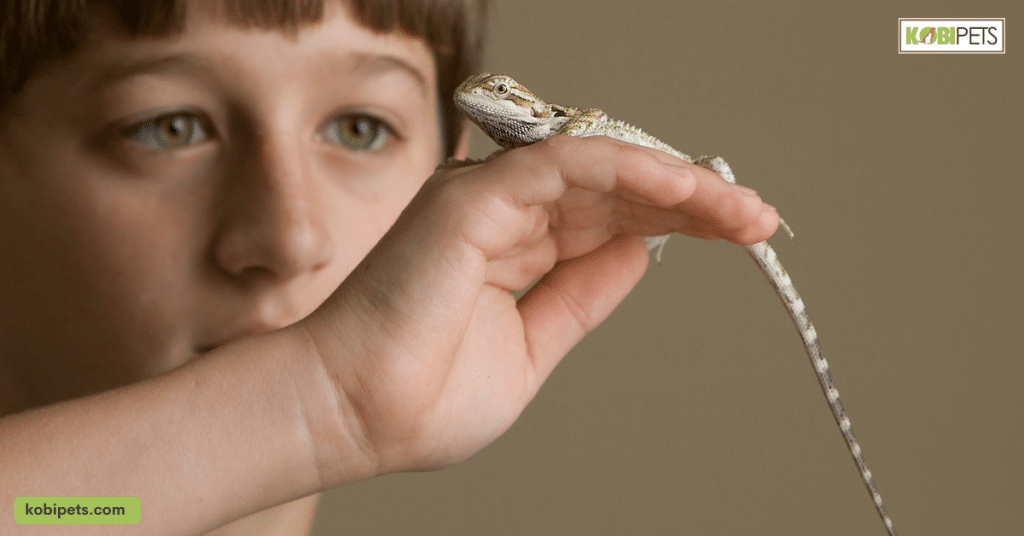
6. Regular Vet Check-ups
Establishing a relationship with a veterinarian experienced in reptile care is a crucial aspect of responsible ownership. Regular check-ups are essential because reptiles often conceal signs of illness. Professional examinations can lead to early detection and prompt treatment, potentially saving your pet’s life. In consultation with your vet, discuss preventive measures such as vaccinations and parasite control to ensure your pet’s continued well-being.
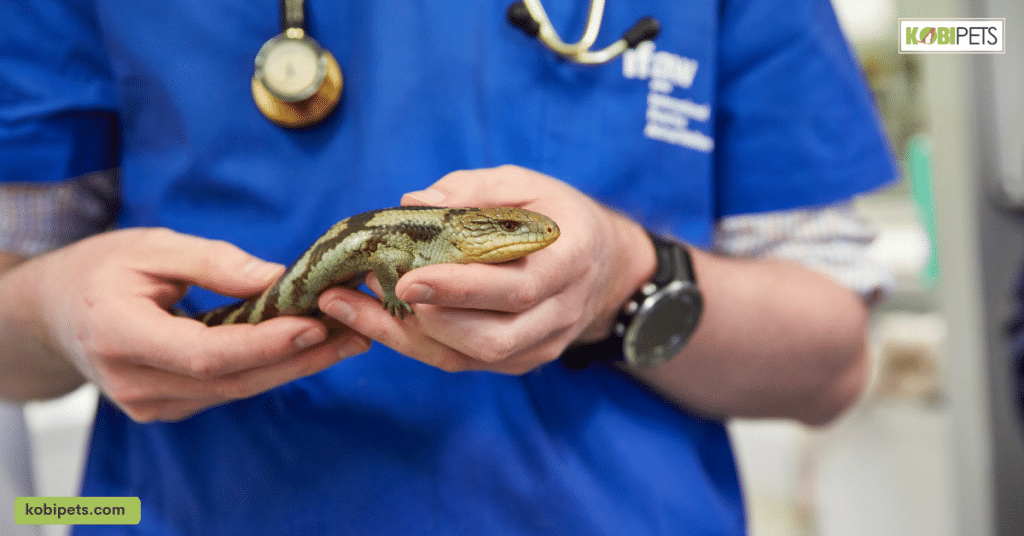
7. Preventative Care is Key
Maintaining a clean and hygienic enclosure is paramount to your reptile’s health. Routine waste removal and substrate replacement prevent the build-up of harmful bacteria and maintain a safe living environment. When introducing new reptiles into your collection, it’s prudent to quarantine them initially to prevent the potential spread of diseases.
Vigilantly monitor your reptile’s behavior and appearance for any signs of illness, such as changes in appetite, lethargy, or skin issues. In case of any concerns, do not hesitate to seek veterinary care promptly. These measures, when diligently followed, ensure the well-being and longevity of your exotic pet reptiles, fostering a thriving and harmonious relationship between you and your scaly companions.
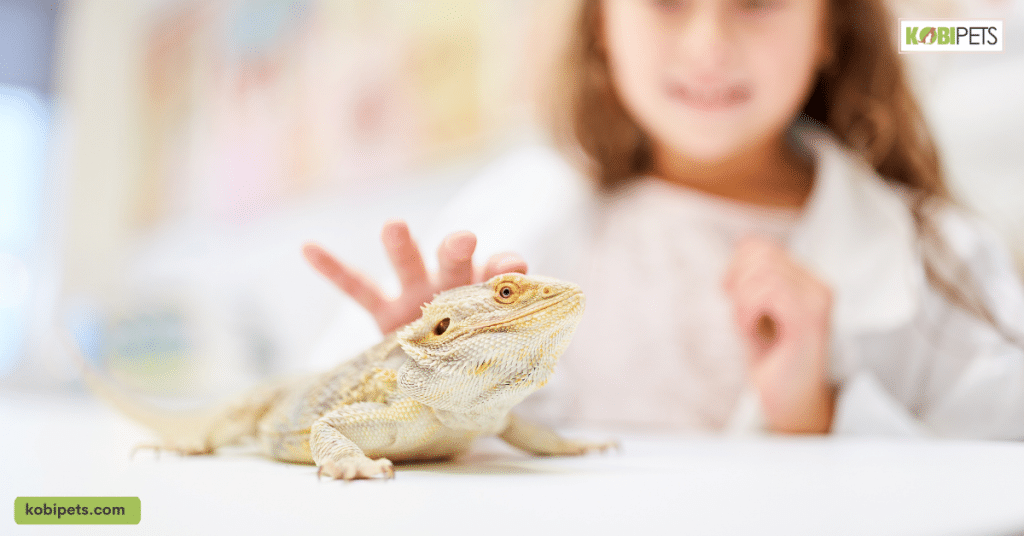
In conclusion
These seven fundamental care tips lay the groundwork for responsible reptile ownership. They encompass choosing the right reptile species, creating a natural habitat, maintaining temperature and humidity, providing a balanced diet, handling with care, regular vet check-ups, and practicing preventative care.
By adhering to these guidelines, you ensure the well-being of your exotic pets and nurture a strong bond with them. Remember, your commitment demonstrates your love for these remarkable creatures. Seek support, stay informed, and consult with a reptile-savvy vet for personalized advice.






